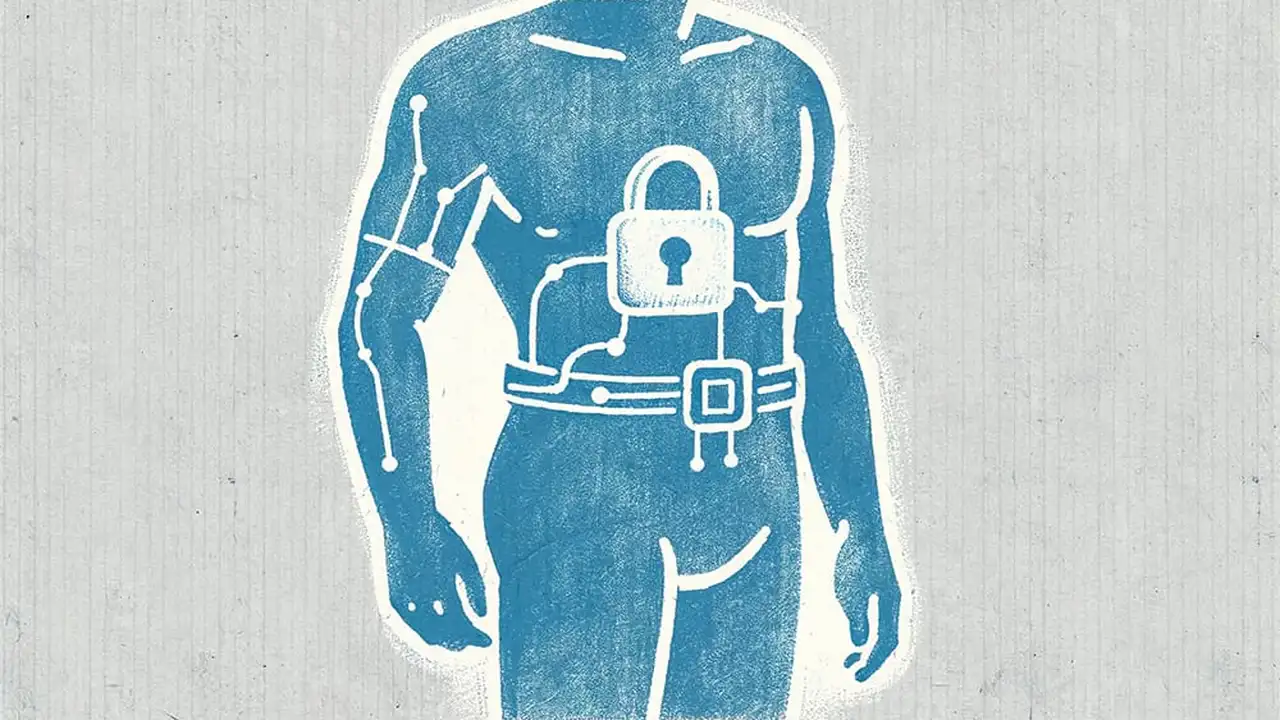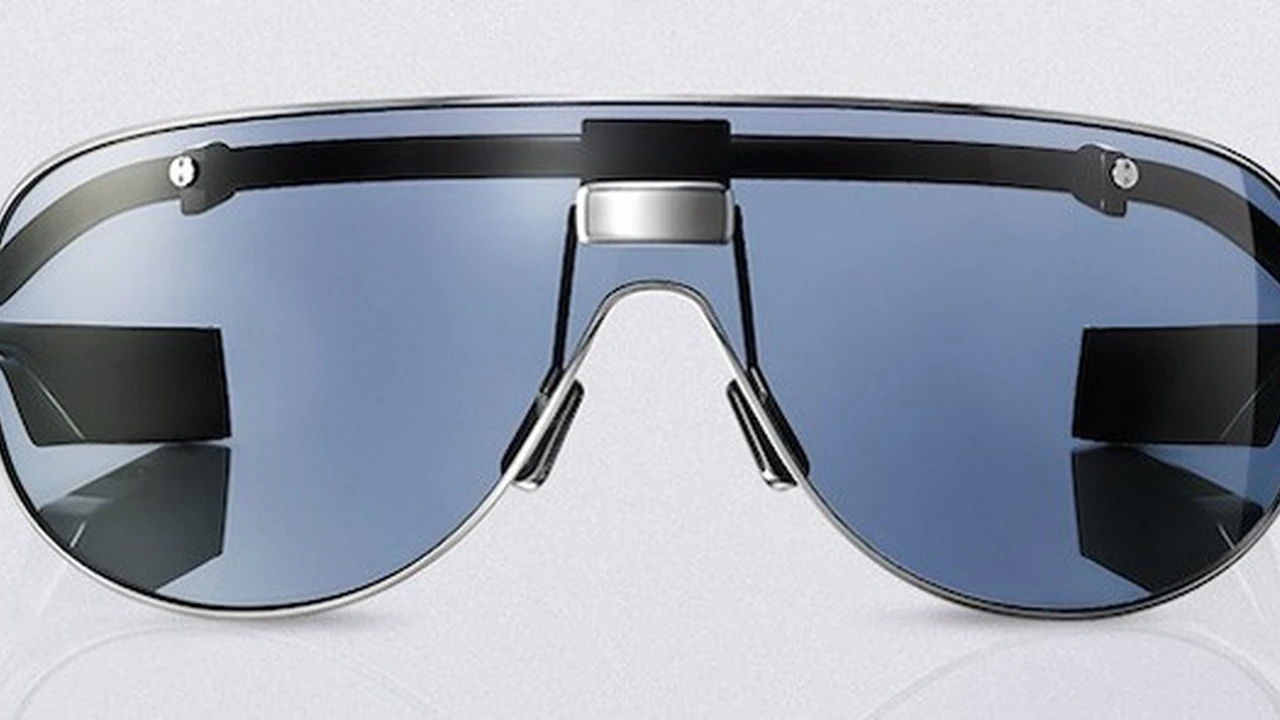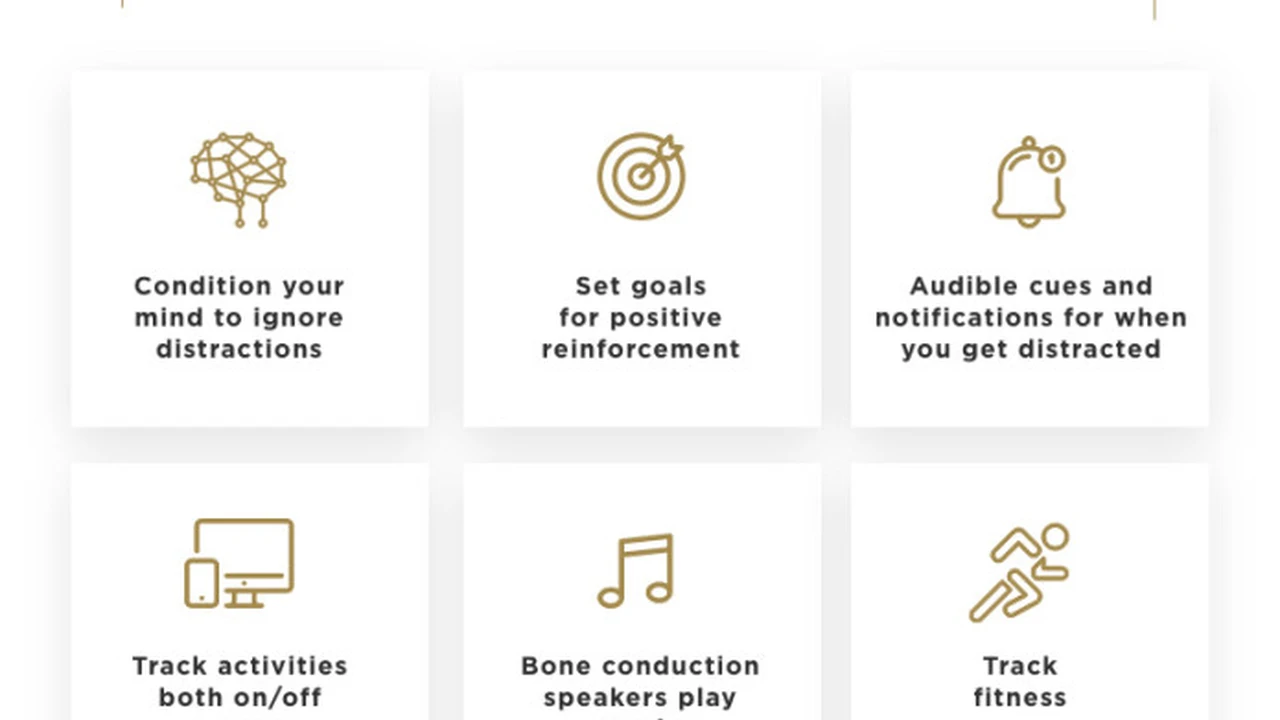Ethical Considerations of Smart Glasses Privacy and Data
Address the ethical implications of smart glasses, focusing on privacy, data collection, and societal impact.

Ethical Considerations of Smart Glasses Privacy and Data
Smart glasses are rapidly evolving from niche gadgets to potentially ubiquitous personal devices. As they become more integrated into our daily lives, the ethical considerations surrounding their use, particularly concerning privacy and data, become increasingly critical. These devices, equipped with cameras, microphones, and various sensors, have the potential to collect vast amounts of personal and environmental data, raising significant questions about who owns this data, how it's used, and what safeguards are in place to protect individuals.
Understanding Smart Glasses Data Collection Capabilities
To truly grasp the ethical challenges, it's essential to understand what kind of data smart glasses can collect. It's far more than just photos and videos.
Visual and Audio Data Collection with Smart Glasses
Most smart glasses feature integrated cameras and microphones. This means they can record what the wearer sees and hears, often without explicit, continuous consent from those being recorded. Think about walking through a public park, attending a concert, or even having a private conversation. If someone is wearing smart glasses, these moments could be captured and stored. This raises immediate concerns about the right to privacy in public spaces and the potential for surreptitious recording.
Biometric and Health Data from Smart Glasses Sensors
Beyond visual and audio, many smart glasses are incorporating advanced sensors. These can include eye-tracking for gaze analysis, heart rate monitors, galvanic skin response sensors, and even brainwave activity sensors in more experimental models. This biometric data can reveal intimate details about a person's emotional state, health, and cognitive processes. The collection of such sensitive information, especially without clear consent or understanding of its use, presents a significant ethical dilemma.
Location and Environmental Data from Smart Glasses
GPS, Wi-Fi, and Bluetooth capabilities in smart glasses allow for precise location tracking. This data can map a user's movements, habits, and frequented locations. Environmental sensors might also collect data on temperature, air quality, or even identify objects and faces in the wearer's surroundings. This comprehensive environmental data, when combined with other data points, can create a highly detailed profile of an individual's life.
Key Privacy Concerns with Smart Glasses Technology
The data collection capabilities of smart glasses lead to several pressing privacy concerns that need to be addressed by manufacturers, regulators, and users alike.
Consent and Notification in Smart Glasses Usage
One of the biggest challenges is obtaining informed consent, especially from third parties who are unknowingly being recorded. Unlike a smartphone, which is typically held up and clearly visible when recording, smart glasses can be far more discreet. How do you notify someone that they are being recorded by a device on someone's face? Current solutions, like small indicator lights, are often insufficient. This lack of clear notification undermines the principle of consent.
Data Storage and Security for Smart Glasses Information
Where is all this collected data stored? On the device, in the cloud, or both? Who has access to it? The security of this highly personal data is paramount. A data breach involving smart glasses could expose not just personal photos, but also biometric data, location history, and even recordings of private conversations. Robust encryption, secure storage protocols, and strict access controls are essential.
Data Sharing and Monetization by Smart Glasses Companies
Many tech companies rely on data monetization. Will smart glasses data be shared with third parties for advertising, research, or other purposes? Users need clear transparency about how their data is used, shared, and if it's being sold. Opt-out options should be readily available and easy to understand, not buried in lengthy terms and conditions.
Potential for Misuse and Surveillance with Smart Glasses
The potential for misuse is significant. Smart glasses could be used for unauthorized surveillance by individuals, law enforcement, or even malicious actors. Imagine someone recording sensitive business meetings, private medical consultations, or even using facial recognition capabilities to identify strangers in public. This raises serious questions about the balance between personal freedom and the potential for pervasive monitoring.
Societal Impact of Widespread Smart Glasses Adoption
Beyond individual privacy, the widespread adoption of smart glasses could have broader societal implications.
Erosion of Public Privacy and Social Norms
If everyone is potentially recording everyone else, what happens to the concept of public privacy? Will people become more guarded, less spontaneous, and less willing to engage in public spaces? This could lead to a chilling effect on social interaction and the erosion of established social norms around personal space and privacy.
Digital Divide and Access to Smart Glasses Technology
As with any new technology, there's a risk of exacerbating the digital divide. Who has access to these devices, and who benefits from their capabilities? Will smart glasses become a tool that further separates those with access to advanced technology from those without?
Impact on Human Interaction and Attention Spans
Will smart glasses further distract us from real-world interactions? If we're constantly receiving notifications, augmented reality overlays, or recording our surroundings, will it diminish our ability to be present and engage meaningfully with others? This could have profound effects on social cohesion and mental well-being.
Regulatory Frameworks and Industry Best Practices for Smart Glasses
Addressing these ethical concerns requires a multi-faceted approach involving robust regulations and industry-led best practices.
Existing Data Protection Laws and Smart Glasses
Laws like GDPR in Europe and CCPA in California provide a foundation for data protection, but they may not be entirely sufficient for the unique challenges posed by smart glasses. These laws often focus on data collected by companies, but smart glasses also enable peer-to-peer data collection, which is harder to regulate.
Developing Specific Smart Glasses Regulations and Guidelines
There's a growing need for specific regulations tailored to smart glasses. This could include mandatory, highly visible recording indicators, strict rules on data retention, clear guidelines on facial recognition technology, and severe penalties for misuse. Governments and international bodies need to collaborate to create a consistent framework.
Industry Self-Regulation and Ethical Design Principles for Smart Glasses
Tech companies also have a responsibility to self-regulate and embed ethical design principles into their smart glasses. This means prioritizing privacy by design, offering transparent data policies, providing easy-to-use privacy controls, and actively educating users about the implications of their devices. Companies like Meta (with Ray-Ban Stories) and Amazon (with Echo Frames) have started to implement some of these, but more comprehensive and standardized approaches are needed.
Specific Smart Glasses and Their Ethical Considerations
Let's look at a few popular smart glasses and how their features intersect with these ethical discussions.
Ray-Ban Stories Meta Smart Glasses Privacy Features
Product: Ray-Ban Stories (by Meta) Price Range: $299 - $379 Key Features: Dual 5MP cameras for photos and 30-second videos, open-ear audio speakers, three-microphone array, touch controls, Facebook Assistant voice control. Integrates with Facebook View app. Ethical Considerations: Ray-Ban Stories are designed to be discreet, resembling regular sunglasses. While they have a small LED indicator light that illuminates when recording, its visibility is often debated, especially in bright sunlight or from a distance. The primary concern here is the ease of surreptitious recording in public and private settings. Meta has implemented some privacy features, such as requiring the LED to be on during recording and having a physical power switch, but the social implications of always-on recording capabilities remain a hot topic. The data collected (photos, videos, audio) is linked to a Meta account, raising questions about data aggregation and potential use for targeted advertising. Users need to be mindful of local laws regarding recording others without consent.
Amazon Echo Frames Smart Glasses Data Handling
Product: Amazon Echo Frames Price Range: $269.99 - $289.99 Key Features: Open-ear audio, Alexa voice assistant integration, discreet design, no camera. Focuses on audio and smart assistant features. Ethical Considerations: Unlike Ray-Ban Stories, Echo Frames do not have a camera, which significantly reduces visual privacy concerns for third parties. However, they do have microphones for Alexa voice commands. This means they are always listening for the wake word, and audio recordings of commands are sent to Amazon's servers for processing. While Amazon states these recordings are used to improve Alexa's accuracy and users can review and delete them, the concept of an always-listening device raises concerns about ambient audio collection and potential eavesdropping, even if unintentional. The primary ethical consideration here revolves around voice data privacy and Amazon's use of that data.
Google Glass Enterprise Edition 2 Privacy in the Workplace
Product: Google Glass Enterprise Edition 2 Price Range: Approximately $999 (enterprise pricing varies) Key Features: Monocular display, 8MP camera, designed for industrial and enterprise use cases (e.g., remote assistance, training, logistics). Runs on Android. Ethical Considerations: While not a consumer device, Google Glass Enterprise Edition 2 highlights privacy concerns in a professional context. In workplaces, employees might be recorded by colleagues wearing these glasses, raising questions about workplace surveillance, employee consent, and data ownership. Companies deploying these devices must establish clear policies regarding their use, data collection, and storage. The camera is more visible than on consumer smart glasses, but the context of its use (e.g., in a factory or hospital) means that individuals being recorded might not always be aware or able to consent. The data collected is often proprietary to the enterprise, but the ethical responsibility still lies with the deploying organization to protect the privacy of its workers and clients.
Nreal Air Smart Glasses and Immersive Data
Product: Nreal Air Price Range: $379 - $599 Key Features: Micro-OLED display for immersive viewing (like a portable monitor), no camera or microphone for recording. Primarily a display device for smartphones or computers. Ethical Considerations: Nreal Air, by design, has fewer direct privacy concerns for third parties because it lacks a camera and microphone for recording. Its primary function is to project content for the wearer. However, as an immersive display, it can still collect data about user interaction with the projected content (e.g., what apps are used, how long, gaze tracking if enabled). The ethical considerations here shift to the privacy of the user's viewing habits and the data generated from their interaction with digital content. While less intrusive than recording devices, companies still need to be transparent about how this interaction data is collected and used.
Navigating the Future of Smart Glasses Ethically
The ethical landscape of smart glasses is complex and constantly evolving. As the technology advances, so too must our understanding and regulatory frameworks. It's a delicate balance between fostering innovation and protecting fundamental rights.
User Responsibility and Awareness with Smart Glasses
Users of smart glasses have a significant responsibility. They need to be aware of their device's capabilities, understand the privacy settings, and respect the privacy of others. This includes being mindful of where and when they record, and actively seeking consent when appropriate. Education campaigns from manufacturers and privacy advocates are crucial to foster responsible usage.
The Role of Open Dialogue and Public Discourse on Smart Glasses
An open and ongoing dialogue between technologists, ethicists, policymakers, and the public is essential. We need to collectively define acceptable norms for smart glasses usage, discuss the trade-offs between convenience and privacy, and shape the future of this technology in a way that benefits society without undermining individual rights.
Innovation with Privacy by Design in Smart Glasses Development
Finally, manufacturers must embrace 'privacy by design' as a core principle. This means building privacy protections into the very architecture of smart glasses, rather than as an afterthought. Features like clear, unmistakable recording indicators, robust data anonymization tools, and user-friendly privacy dashboards should be standard. The goal should be to create smart glasses that empower users while respecting the privacy of everyone around them.
:max_bytes(150000):strip_icc()/277019-baked-pork-chops-with-cream-of-mushroom-soup-DDMFS-beauty-4x3-BG-7505-5762b731cf30447d9cbbbbbf387beafa.jpg)






